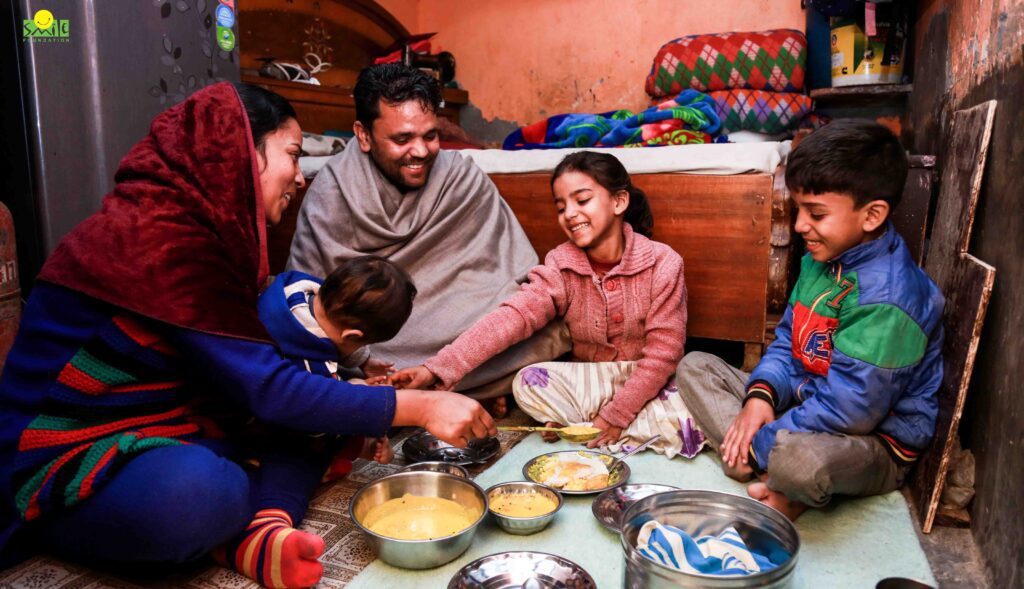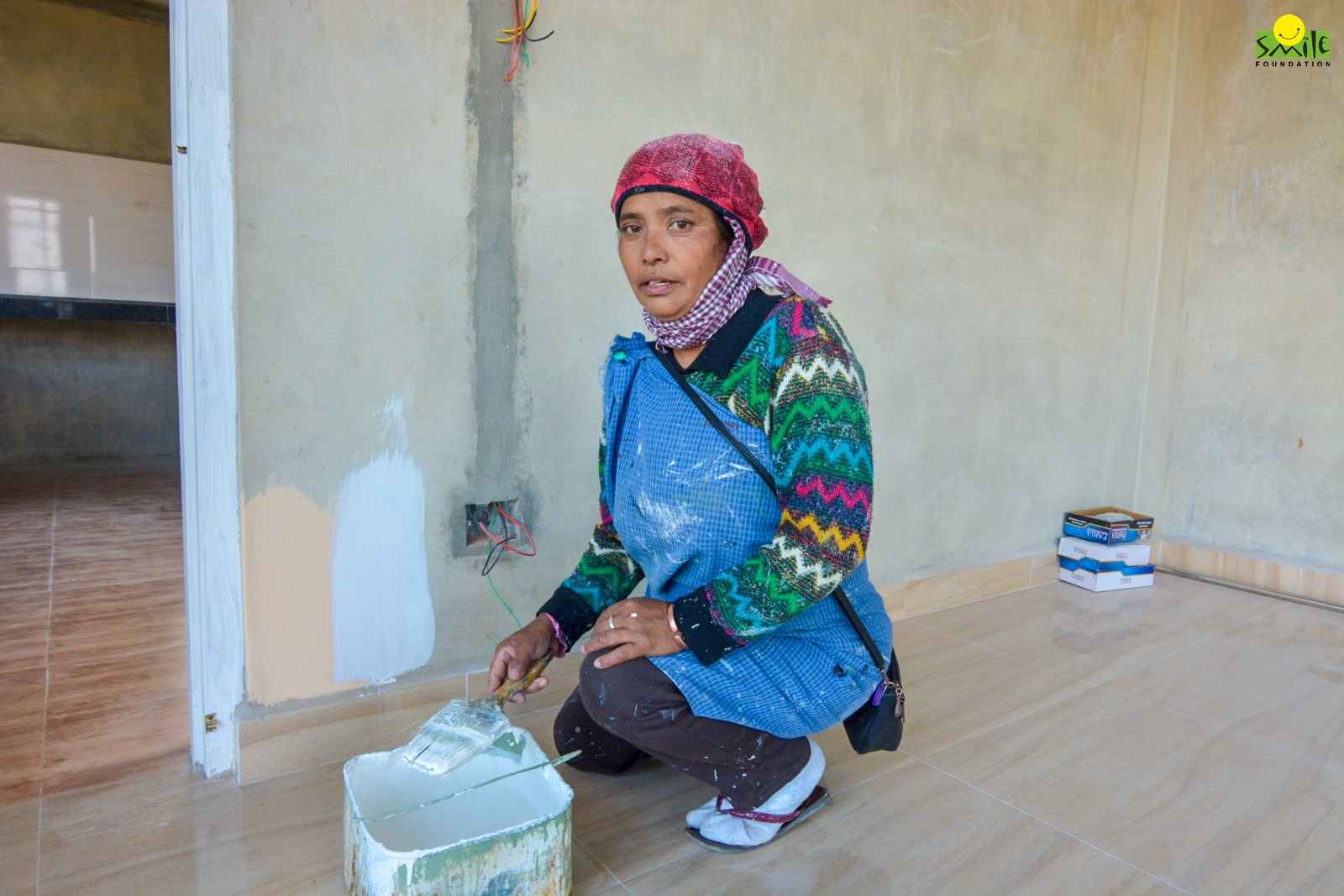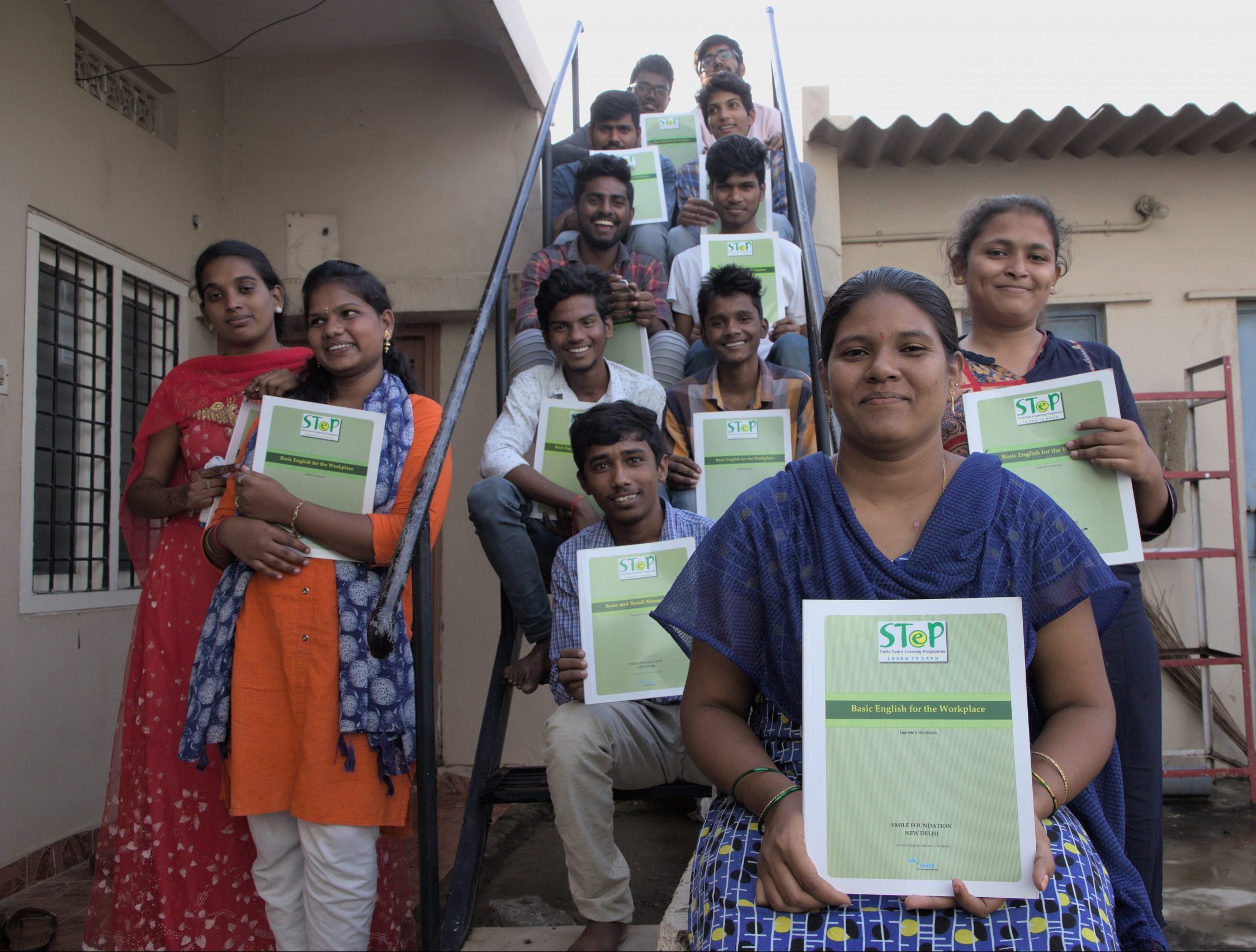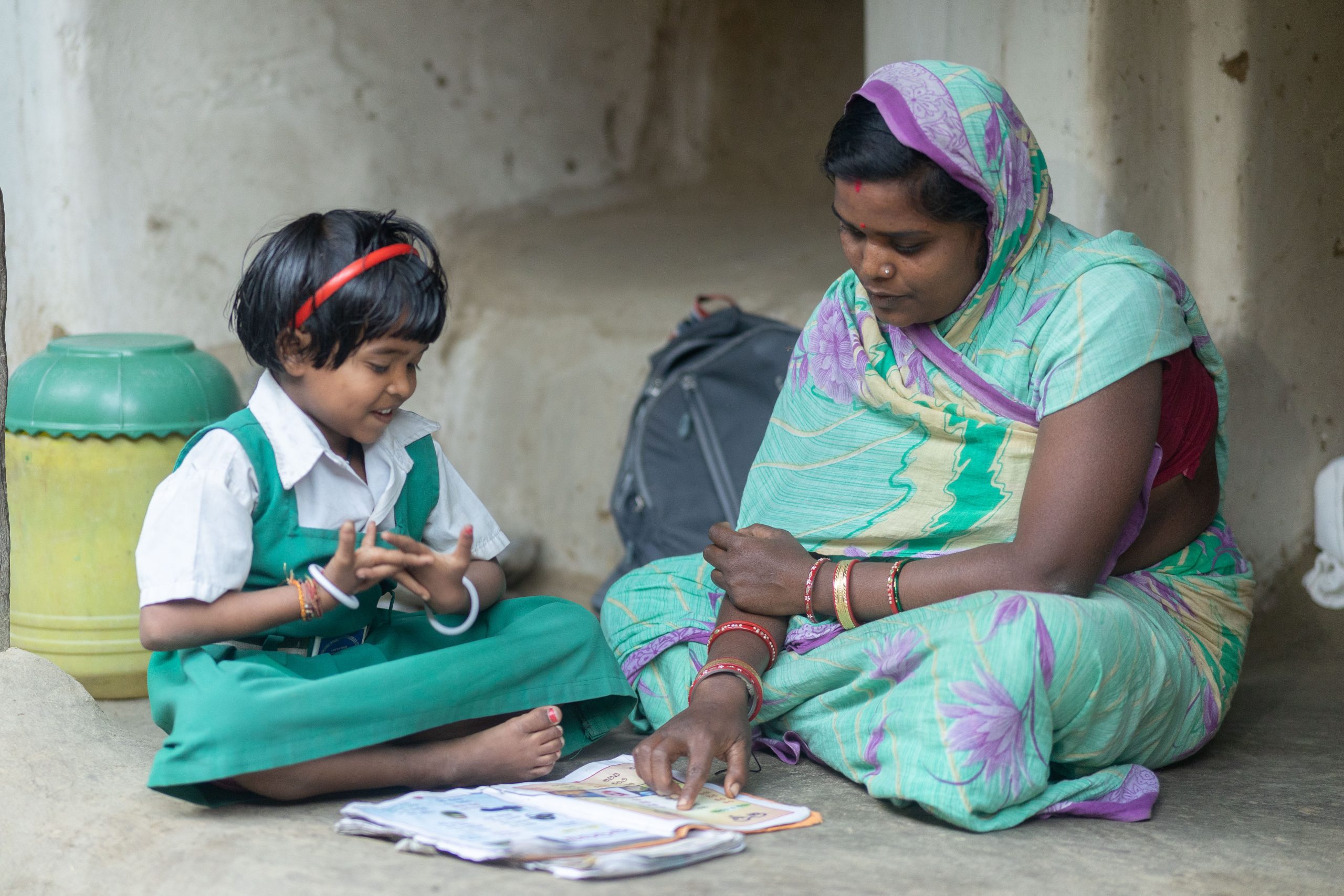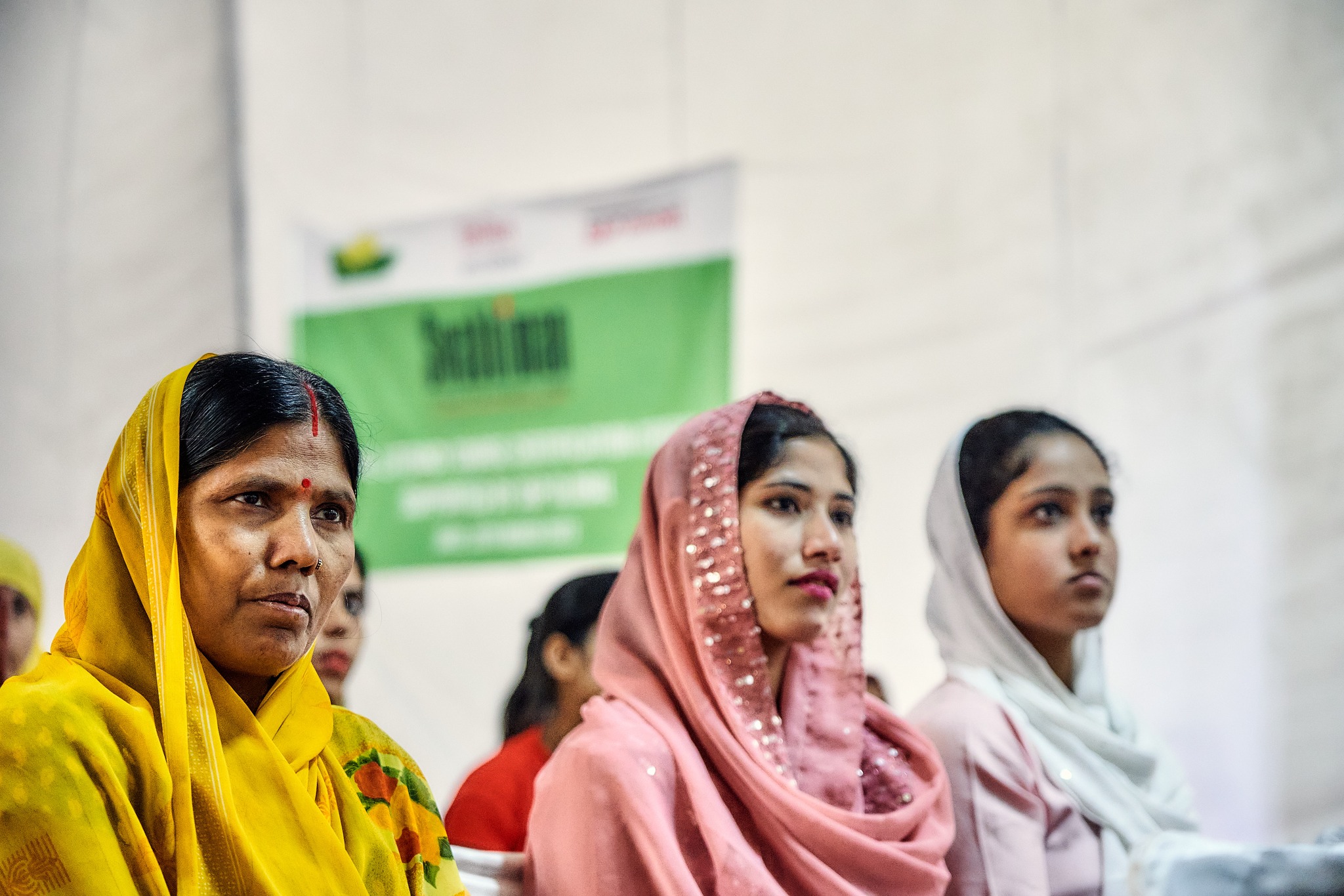With growing population and advancement in the medical technology and increasing expectation of people for quality health care, it has now become imperative to establish a system to render accessible and effective healthcare services.
Addressing this need, the National Health Mission (NHM), formerly known as National Rural Health Mission (NRHM-2005-2012) is a major undertaking by the Government to honor its commitments under the common minimal programme. NHM is a strategic framework to implement the National Health Policy 2002 with its key guidelines including equity, decentralization, involving Panchayati Raj Institutions (PRIs) and local bodies in owning primary health care management, and strengthening of primary health care institutions.
Upgradation of CHCs (Community Health Centres) to FRUs (First Referral Units) and establishment of 24X7 PHCs have been some major strategic interventions under NRM, to provide sustainable quality care with accountability and people’s participation, along with total transparency. However, there is a general apprehension that this may not be possible unless a system is evolved for ensuring a level of permanency and sustainability.
To resolve this, the decentralization of health management can play a pivotal role in ensuring a quick turnaround in the decision making for procurement of logistics, improving infrastructure etc. This requires strengthening of District Programme Management Unit (DPMU) – functioning under the guidance of District Health Society (DHS) led by Chief Medical Officer (CMO) with the support of District Health Manager (DPM). In principle, DPM is responsible for setting-up and operationalizing the DHS.
Although the DPMU has vertical and horizontal linkages with the health functionaries, there are some underlined challenges. To make a decentralized system functional, we need to have clear guidelines with details of roles and responsibilities along with the details of the compliances one has to adhere to. Since the programme management is ever evolving and dynamic, hence the guidelines need to reviewed and adapted as per the changing need of the programmes. The ambiguity in the guidelines and “static” or adopting ad-hoc processes to address the issues, hinder the decision making process. Hence, to keep the essence of the decentralization intact, it is important to have clarity in guidelines especially at the level of DPM, who manages the DPMU. This will result in crystallizing the goals of programmes at local level and the role of people involved in the overall programme.
The DPM should be authorized to make some critical estimations and decisions at DPMU level. For instance, to ensure that individuals have the ability to choose, obtain and use quality contraceptives/ family planning method, whenever they need them, requires addressing a number of factors. The DPM at district level must be equipped to estimate the supply and demand of different contraceptives and should also gauge the changes in the demand over time. In addition to estimating the demand, it is important to ensure the procurement of required equipments and consume them in the required time frame. Since the DPM is a person who brings on board the techno-managerial skills, hence the authority should be with him/ her make critical decisions in this regard.
Currently, the procurement and logistics system is built up in a manner, where the emphasis is on ensuring uninterrupted equipments, logistics, medicines, consumables such as condoms, OCPs, IUCD, supply at the facility level with the district warehouse as the hub. This procurement system allows huge cost savings and ensures very good quality and safety in the procurement process. The rate contracting done at the state level to gain economies of scale and ensure quality and safety of the required commodities can be done centrally.
In addition to this, the Rogi Kalyan Samiti (RKS) can play an important role in raising the awareness of decision makers about the benefits of creating a system to procure the contraceptive commodities at the health facility level, without compromising on quality standards, so as to ensure that there is no stock-out, ever, of these. This decentralized system, if strengthened further, will also ensure the availability, repair and replacement of the essential equipments required to provide any family panning service.
In principle, decentralizing the procurement process of family planning health sector leads to a number of benefits. For one, local governments become more responsive to local priorities than central governments are. Because more authority rests at the local level, local decision makers are given freedom to identify family planning priorities based on local needs. Furthermore, the community members can also hold local decision makers more accountable to ensure that health issues are resolved. With priorities identified at the local level, funding/ resource allocation and the procurement process, even with to a limited extent should also be decentralized in a way that best responds to local priorities.
(Under its Swabhiman programme, Smile Foundation works closely with communities, local authorities, health workers and institutions to ensure that women and their families are aware of and have access to primary healthcare services.
To know more, visit: https://www.smilefoundationindia.org/swabhiman.html)



